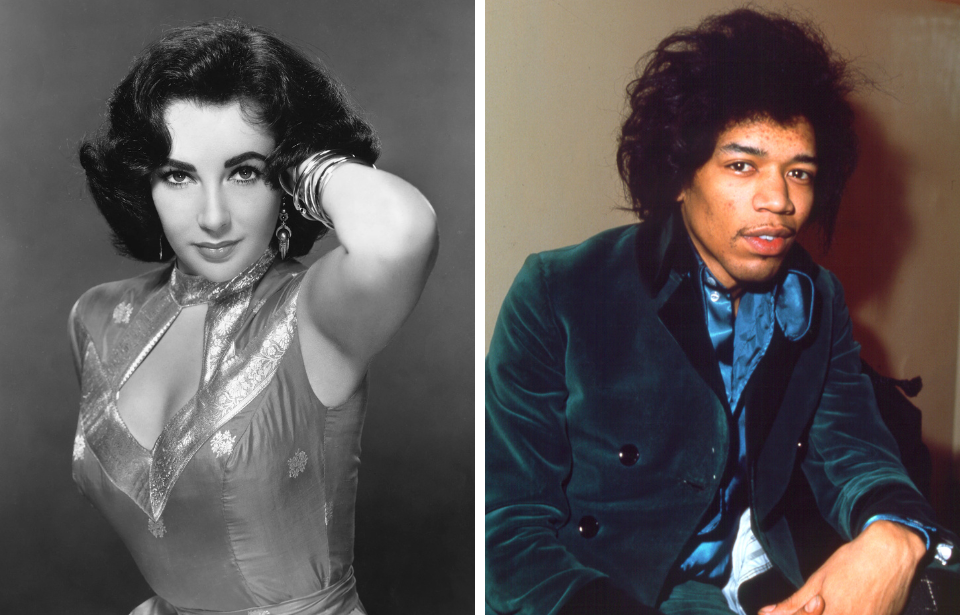As far as the Federal Bureau of Investigation is concerned, you can never be too careful. Just because someone is famous, perhaps a movie star or a musician, it doesn’t mean that the FBI doesn’t want to keep an eye on them. Just last year, Micky Dolenz, the only surviving member of the Monkees, filed a lawsuit against the federal agency. The purpose was to obtain any and all records the FBI had on the 1960s pop group.
It might be surprising to learn that the FBI did, in fact, have a file on the Monkees. However, this isn’t unique. Here are five vintage celebrities who had FBI files. Can you guess how Elizabeth Taylor ended up on the list? Keep reading for more.
John Lennon
It’s well known that John Lennon, one of the founding members of the Beatles, was an outspoken civil rights activist. It is no surprise then that the FBI did surveillance on him. This surveillance greatly impacted his life and actually threatened his living in the United States. The reason behind this intense surveillance was Lennon’s activism and donations he made to political groups.

The “New Left” was a term used to describe politically motivated groups with Marxist, socialist ideals. As part of his support for new left groups, Lennon gave money to Rennie Davis, one of the Chicago Seven. The Chicago Seven, also known as the Conspiracy Seven, saw seven defendants charged by the federal government with crimes relating to their anti-Vietnam stances.
In total, Lennon and Yoko Ono gave $75,000 to the Election Year Strategy Information Center, which was Davis’ organization. Due to these investigations, which were compiled into a large, over 500-page FBI file, the Immigration and Naturalization Service refused to renew Lennon’s green card, citing a prior narcotics conviction. Lennon appealed the decision, and it was overruled. However, the FBI continued to keep an eye on the politically vocal musician.
Lucille Ball
Lucille Ball, known for her starring role in the 1950s sitcom I Love Lucy, was another celebrity with an FBI file. The Bureau’s interest in Ball was based on possible connections with the Communist Party. It was ultimately deemed to be a misunderstanding. However, the accusations caused her plenty of problems.
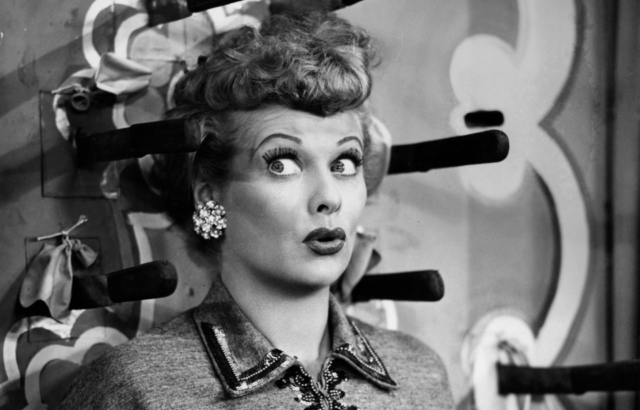
In 1936, Ball registered to vote as a Communist. This was reportedly done as a show of support to her grandfather. This seemingly innocent gesture was largely forgotten until the early Cold War. In September 1953, her registration was brought up when the House Un-American Activities Committee subpoenaed Ball for an interview.
Ball’s FBI file discusses her Communist registration along with testimony from Rena Vale, a reporter claiming to have been to Ball’s house in 1937 for a Communist Party get-together. Ultimately, she was cleared of any wrongdoing and the FBI reported that Ball was not a threat to national security.
This decision didn’t stop the newspapers from picking up the story and threatening her career. Ball clearly was able to bounce back from the negative publicity, and now many people don’t even know the scandal took place.
Jimi Hendrix
Jimi Hendrix is one of the greatest guitarists who ever lived. Born in Seattle, Washington, Hendrix came to the forefront of the music scene in 1966 when he put together The Jimi Hendrix Experience and released such hits as “Purple Haze,” “Spanish Castle Magic,” and “Crosstown Traffic.” In 1969, Hendrix cemented his place in rock history when he closed the Woodstock festival.
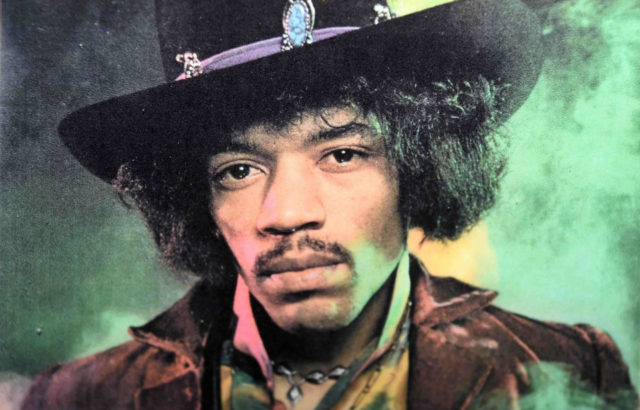
In the spring of 1969, the FBI started a file on Hendrix at the Canadian government’s request. Hendrix was charged in Toronto, Ontario, Canada, for possession of a narcotic. Ahead of his court date, the Canadian government asked the FBI to help provide them with information regarding prior arrests in an effort to bolster their case.
The file provided to the Canadians indicated that Hendrix had a record from Seattle from 1961. Despite providing this information to the Canadians, the trial ended with the guitarist being found not guilty.
Charlie Chaplin
Charlie Chaplin, like Lucille Ball, had an FBI file that discussed his alleged communist connections. The 2,000-page file was started by J. Edgar Hoover in 1922. The FBI was so concerned that when the British actor left the United States that the British equivalent to the FBI, MI5, kept tabs on Chaplin for the Americans.
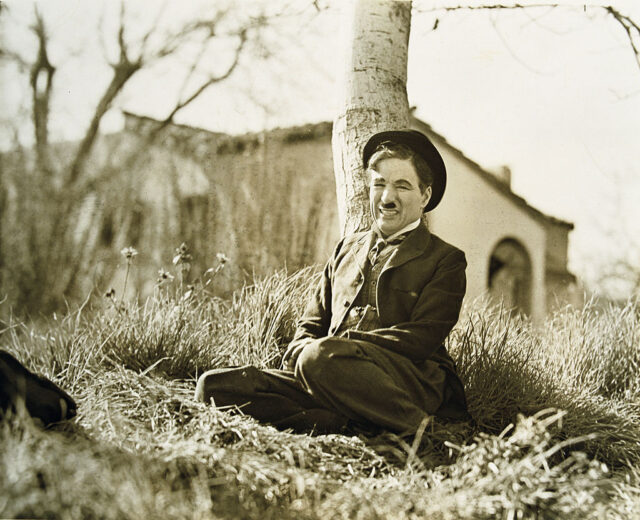
In the 1940s, the FBI became even more suspicious of Chaplin. When Joan Barry, a young woman, sued Chaplin for paternity over her unborn child, the FBI looked at Chaplin for possibly violating the Mann Act. This act, also known as the White Slave Traffic Act, made it illegal for an adult to take a minor across state lines for what was described as “immoral purposes.” The FBI reported that Chaplin brought her to New York in October 1942 when he was speaking at a war rally.
While he was cleared of any wrongdoing, the FBI continued to keep an eye on him. In 1952, Chaplin was denied entry into the US after leaving London by the US Attorney General. This seems to have been a final straw, and Chaplin moved with his wife to Switzerland, where he would stay until his death in 1977.
Elizabeth Taylor
Unlike other celebrities, Dame Elizabeth Taylor didn’t get an FBI file because of investigations into her actions. Instead, her file was due to investigations into attempts at extorting and harassing the famous actress. The over 100-page file is filled with threats made against Taylor between the 1940s and the late 1980s.
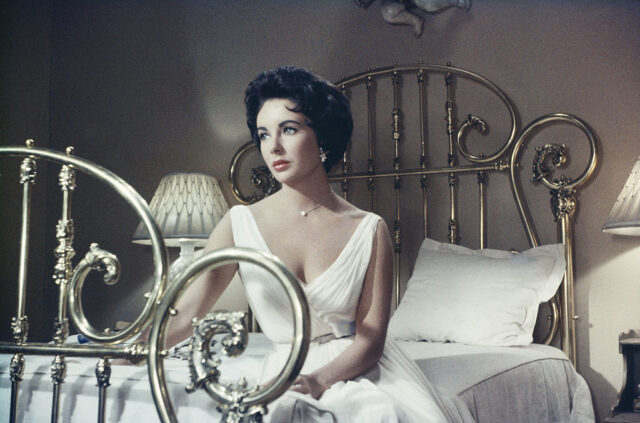
One of the cases noted in the file involves an obsessive fan posing as an FBI agent trying to talk to Taylor. Threats against her life were also included, along with numerous people trying to extort money from her. The file’s enormous size shows just how much harassment Taylor received. It does not, however, mention any convictions.
More from us: The Secret Role the CIA Played in Producing Alfred Hitchcock’s ‘North By Northwest’
The file ends in 1987, and it is unclear whether the FBI had to investigate any more threats made toward Taylor, who died in 2011 at the age of 79.
